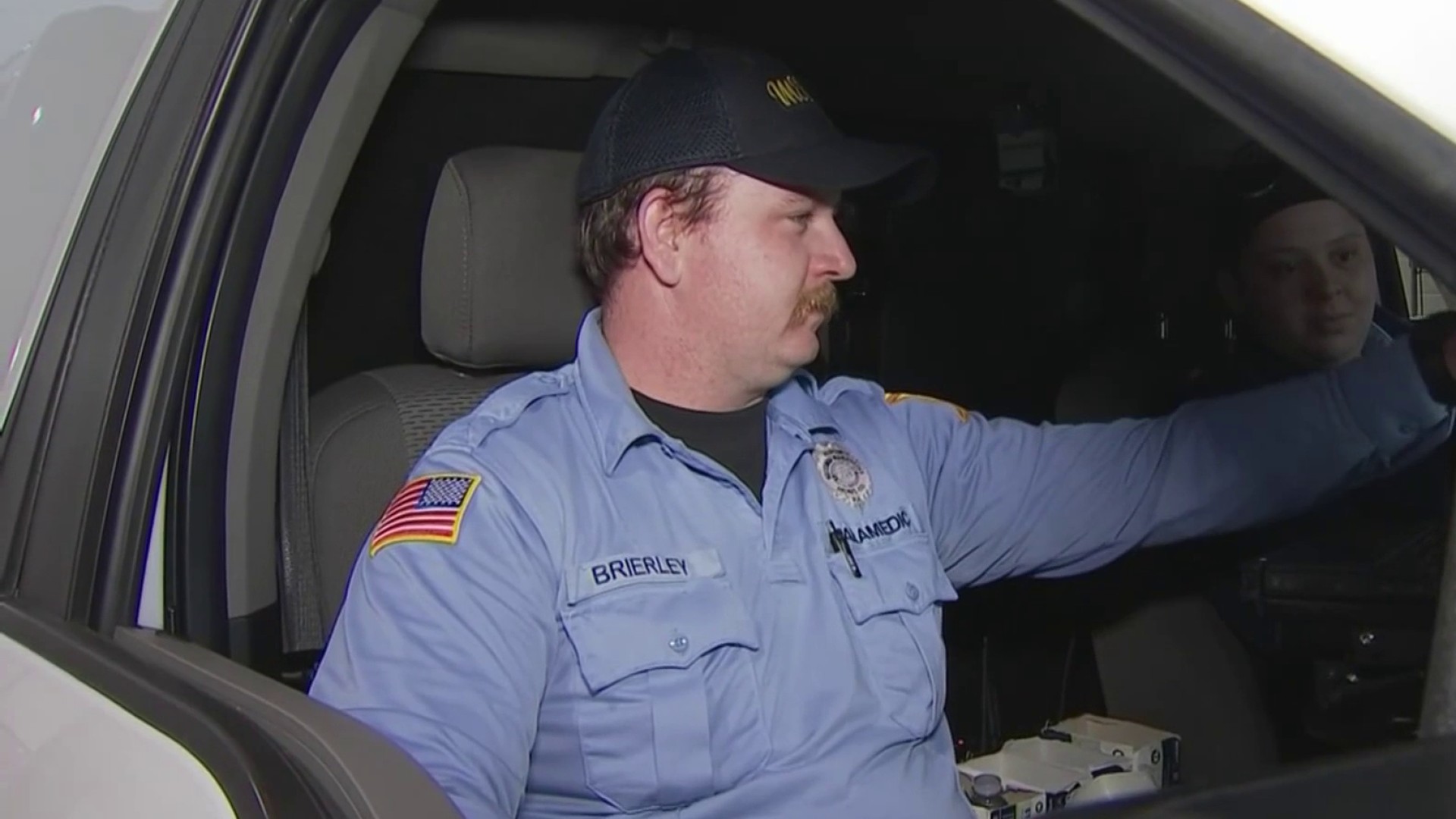It's been a torrid 12-month stretch of scandals touching all three branches of Pennsylvania's state government.
The latest transgressions were detailed this month by the Philadelphia Inquirer, which reported that a criminal investigation by the attorney general's office found that four state lawmakers had accepted money from a lobbyist, which is legal. The news sparked outrage from their colleagues and calls for legislation to ban cash gifts to public officials.
"Pennsylvania's reputation for corruption is just poor," acknowledged state Sen. Lloyd Smucker, R-Lancaster, who as chairman of the Senate State Government Committee will be in a position to advance anything that lawmakers decide should be an adequate response.
Smucker also echoed what citizen advocates have said for years: Harrisburg's culture is shaped by some of the nation's weakest ethics laws.
Among those laws is the gift-giving policy: Lawmakers and Gov. Tom Corbett can accept any amount of gifts, dinners, trips, event tickets or just about anything else from anyone who has a financial stake in state government, though it could trigger a conflict-of-interest inquiry.
And not all of that is disclosed to the public: Only travel, lodging and hospitality costs of more than $650 per year that are footed by any one source or gifts worth at least $250 per year from any source.
Accepting anything of value in exchange for some sort of official action or judgment is illegal, and employees in the Executive Branch are banned from taking anything from anyone with a financial stake in government.
But for elected officials, including Corbett and lawmakers, anything is essentially legal if no strings are attached. In some other states, there are strict limits, such as Michigan's ceiling of $25 per month, with an exception for meals.
For now, much of the focus in the Capitol is on the realization, as a result of the Inquirer story, that cash gifts given by lobbyists or anyone else who wants to influence state lawmakers are legal. Many are calling for legislation to ban them.
"It's not something that's appropriate," said House State Government Committee Chairman Daryl Metcalfe, R-Butler.
Other ideas on how to right the culture in Harrisburg include reviving a law to launch special counsel investigations into matters involving the breach of public trust. Rep. Seth Grove, R-York, said he plans to introduce legislation to allow the attorney general, the governor's general counsel, the House speaker or the Senate president pro tempore to request a special investigation of a potential breach of ethics or the public interest.
Metcalfe said he is considering ways to enhance the power of the Pennsylvania State Ethics Commission, an agency that patrols for possible conflict-of-interest violations but doesn't prosecute. Meanwhile, the state House has dusted off its own rarely used ethics panel to investigate the conduct of the four members who accepted the lobbyist's money.
Still, it remains to be seen whether banning all gifts by lobbyists or people with a financial stake in state government is a bridge too far for the Legislature.
With the gubernatorial campaign in full swing, the four Democratic candidates hoping to win the party's nomination to challenge Corbett in the fall election are calling for a ban on all gifts to state officials. Corbett's office stopped short of taking a position.
"He'll be supportive of whatever the Legislature will bring to the forefront, and he will work with them to ensure that the public's trust is restored in its government," spokesman Jay Pagni said.
At least one House bill, introduced by Rep. Rick Saccone, R-Allegheny, is close to a near total ban on gifts. Introduced in August, it has two other sponsors in the 203-member House and sits in Metcalfe's committee.
Auditor General Eugene DePasquale said the Legislature needs to pass a comprehensive ban on gifts, even if there is a $25 or $50 limit. A comprehensive ban on gifts is not only about whether the Legislature's current policy on accepting gifts breeds corruption, DePasquale said, but also about the appearance that it breeds corruption.
Local
Breaking news and the stories that matter to your neighborhood.
"It's giving the public the confidence that you are doing the right thing," DePasquale said.



